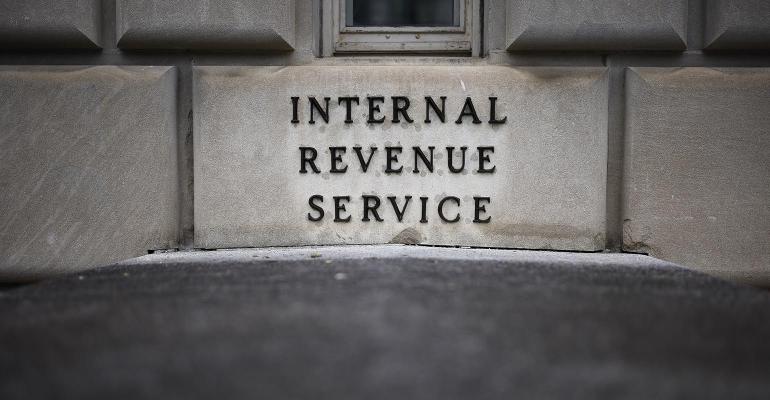The Internal Revenue Service has released a more detailed, though still somewhat skimpy on specifics, look at its plan to overhaul the agency. As previously promised, the detailed $80 billion 10-year plan will focus on improving customer service and cracking down on tax evasion.
Included as part of the Inflation Reduction Act, the revamp will be the largest influx of funding the struggling-to-keep-up agency has ever seen, with what The New York Times calls “ambitious” hopes of becoming digital-first (the IRS is infamous for its snail-paced and outdated methods and has been plagued with long backlogs and plummeting audit rates). Some promised new features include: (1) improved digital communications and notifications about your taxes, such as refund status, and (2) reaching out to offer options like short-term payment plans to taxpayers who have past-due taxes.
The revamp has been a significant priority for the Biden administration with the hopes that boosted enforcement and previously uncollected tax revenue will bring in the necessary funding for other agendas, the so-called return on investment, such as to combat climate change. It’s unclear how long it will take to reap the benefits of the funding, as the IRS is currently so backlogged it will likely be playing catch up for quite some time even with new staff and improved technology. The plan is also set to roll out gradually over a 10-year period so it may be a while before taxpayers see the upgrades.
Are Wealthy Taxpayers the Real Target?
The more elaborate roadmap reiterates past plans to introduce more data analytics and technology to better detect potential evasion and beef up the number of revenue agents and tax attorneys to assist with complex audits. As in the past, the plan also repeatedly promises not to increase audit rates for those that earn less than $400,000 a year, but many Republicans are skeptical that anything will stop the IRS from targeting the middle class.
IRS Commissioner Daniel I. Werfel’s plan for “hiring the accountants, attorneys and data scientists needed to pursue high-income and high-wealth individuals, complex partnerships and large corporations that are not paying the taxes they owe,” doesn’t seem to sit so well with Republicans, who have repeatedly accused the agency of improperly targeting the wealthy. Others have echoed that sentiment, with Erin M. Collins, the national taxpayer advocate, posting that, based on the plan, the money is disproportionately invested in enforcement rather than improving customer service and antiquated technology.





